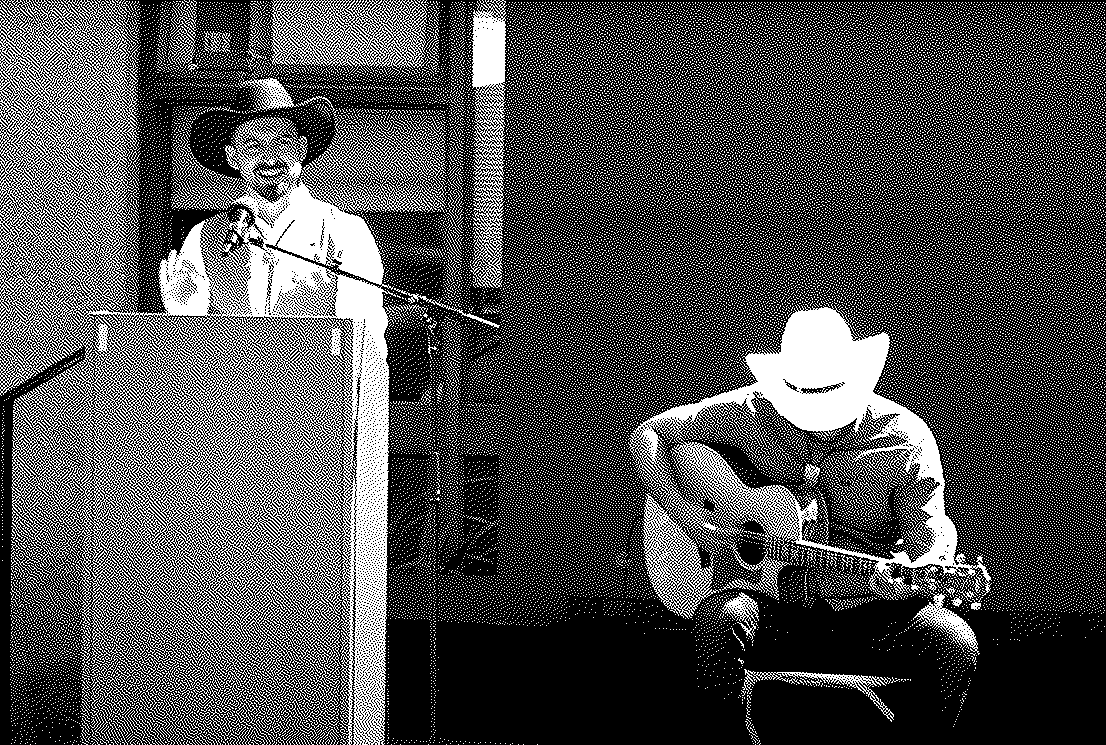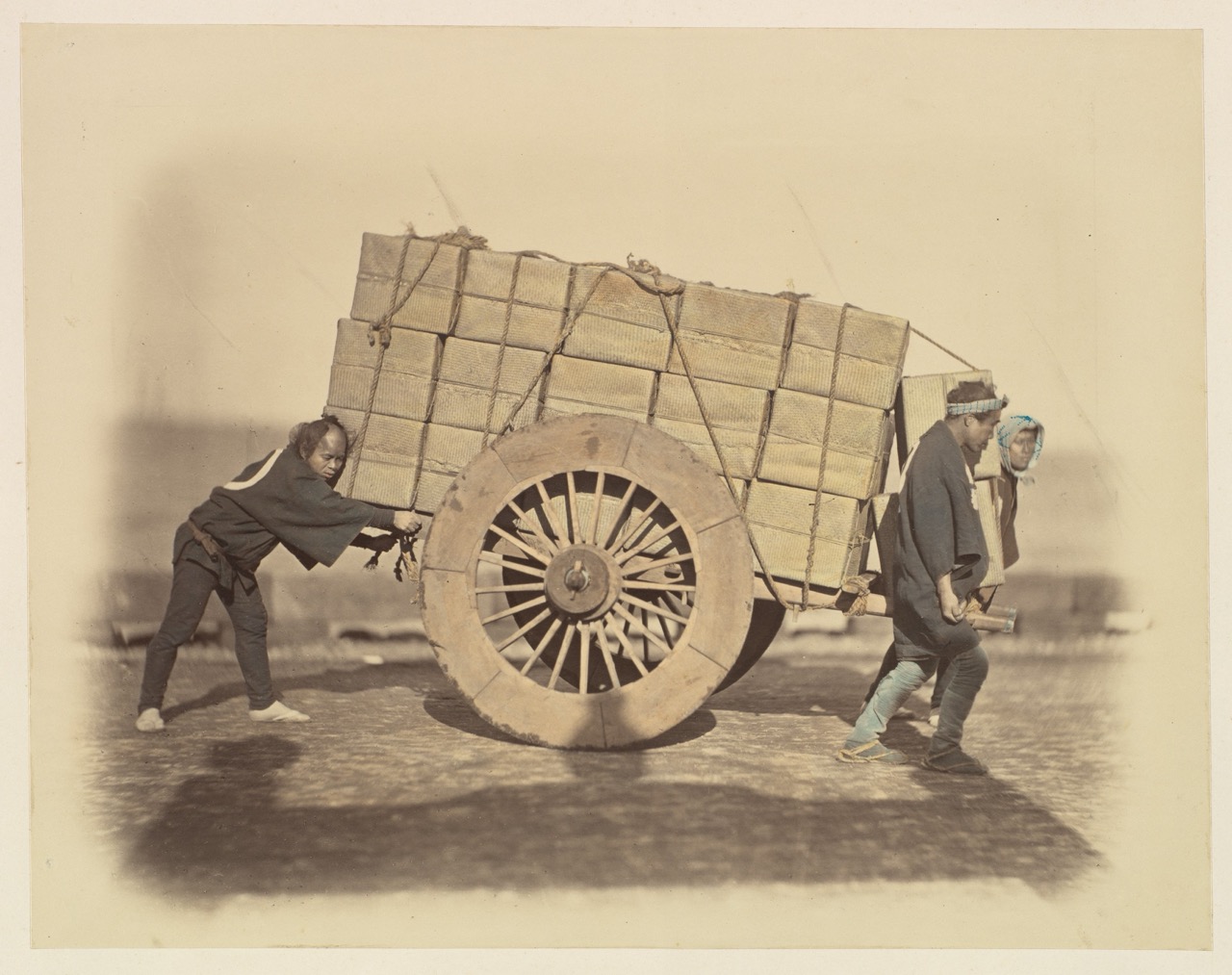ERP Therapy: It Sucks, But It Works

After an OCD diagnosis, the author started Exposure and Response Prevention (ERP) therapy. Unlike talk therapy, ERP involves purposefully provoking fear and anxiety, preventing the usual coping mechanisms. The author found it incredibly difficult but effective, suggesting its potential benefits extend beyond OCD. They propose using LLMs to experiment with self-guided ERP and emphasize the value of professional guidance. Despite the unpleasantness, the results are worth it.
Read more



